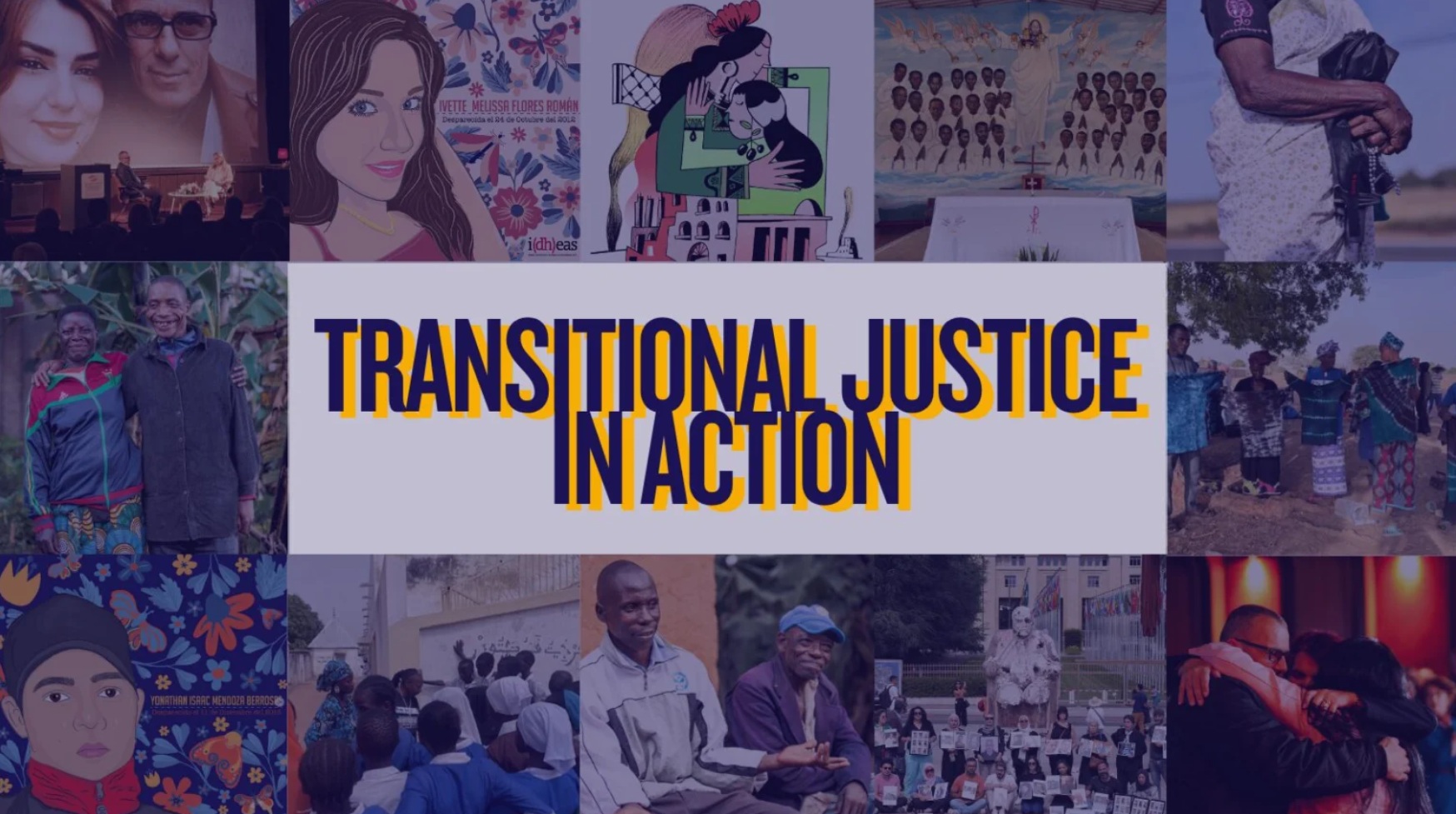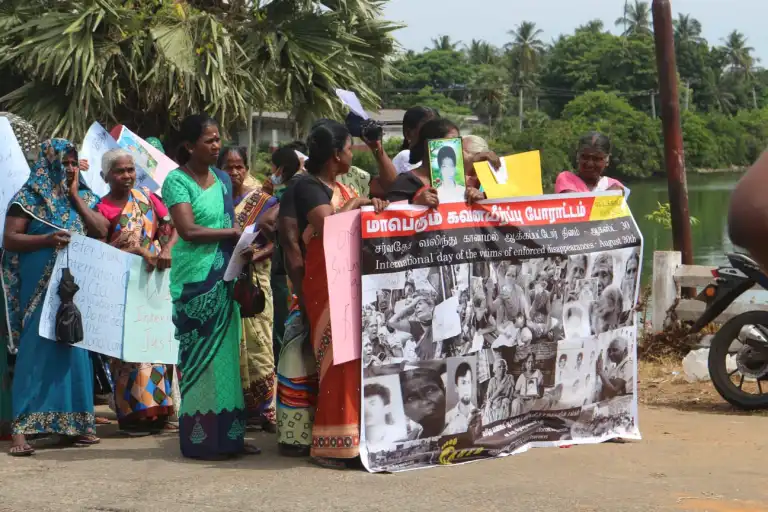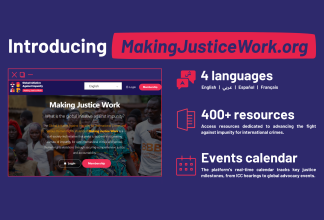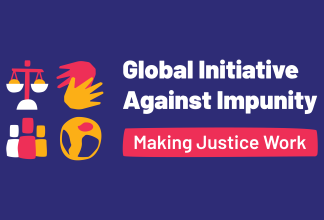Transitional justice efforts around the world

Ten years ago, the EU developed its Transitional Justice Policy. The idea was to fight impunity, provide redress to victims, and prevent human rights violations. So what progress has been made since the policy was introduced? Is justice being achieved for those who need it most?
To answer this question, Civil Rights Defenders and Impunity Watch created a booklet with stories from grassroots organisations around the world that are actively resisting impunity. These organisations prove that transitional justice initiatives remain highly relevant, especially in this world plagued by war and crises.
The ‘Transitional Justice in Action’ booklet is part of the work of the Global Initiative Against Impunity (GIAI) consortium.
Stories from five different regions
The stories in the booklet highlight the voices of victims and survivors in Latin America, Africa, the MENA region, Europe and Asia.
In Sudan, for example, the civil war has displaced 10.5 million people. Millions are trapped in active conflict zones, without access to food, clean water, or medicine. Women and girls in these areas are at high risk of rape and other forms of sexual violence.
In this context, Sudanese Women Rights Action works hard to document human rights violations. These past months, the organisation has documented 570 civilian deaths, more than 340 cases of conflict-related sexual violence, and 70+ detentions and threats against women, activists, and aid workers. The organisation is also lobbying the UN’s OHCHR and the International Criminal Court, to demand justice and hold perpetrators accountable.

Miles away in Sri Lanka, the Adayaalam Centre for Policy Research works with Tamil families whose relatives were forcibly disappeared during the country’s 26-year civil war.
Recently, the organisation conducted two trainings for grassroots human rights defenders and families of the disappeared. Afterwards, participants said they better understood the mandate of the Human Rights Commission of Sri Lanka, and that they felt empowered to engage more strategically with the exhumation process at Chemmani—the country’s second-largest mass grave site. Many also appreciated the psychological validation they received.
Pain passed on through generations
The booklet also describes a recent regional conference in Latin America, which focused on the transgenerational impact of human rights violence. Participants from Guatemala, Mexico and Honduras talked about how forced disappearances, genocide, and torture leave deep scars across generations.
Alejandra Díaz from the Buscadoras Guanajuato collective described the pain of losing her brother Felipe, who disappeared in 2020. For 18 months, the family searched relentlessly—in morgues, remote fields, and detention centres—until they found his remains.
“The pain passes from one generation to the next, from mothers to daughters who grow up in fear, learning to expect loss as a part of life.”
Through her work with other madres buscadoras (‘searching mothers’), Díaz documented the toll on families, especially women. Prolonged stress and grieve can lead to depression, anxiety, and even physical ailments. Every failed court hearing or police refusal to investigate reopens the wound. Families with little economic means struggle to access therapy, and public health systems rarely offer specialised psychosocial care.
Persistent challenges remain
In spite of the fantastic work by these organisations that we support, obstacles still stand in the way of those fighting for accountability and justice.
In many countries, justice is being eroded and international legal norms are disregarded. This diminishes people’s trust in institutions. Victims’ voices remain unheard while disinformation festers, so grievances worsen. On top of that, accountability work tends to be chronically underfunded. The root causes of human rights abuses remain unaddressed, which allows the violence to continue.
Find out how we can overcome these challenges together: read our recommendations to the EU in the ‘Transitional Justice in Action’ booklet.


